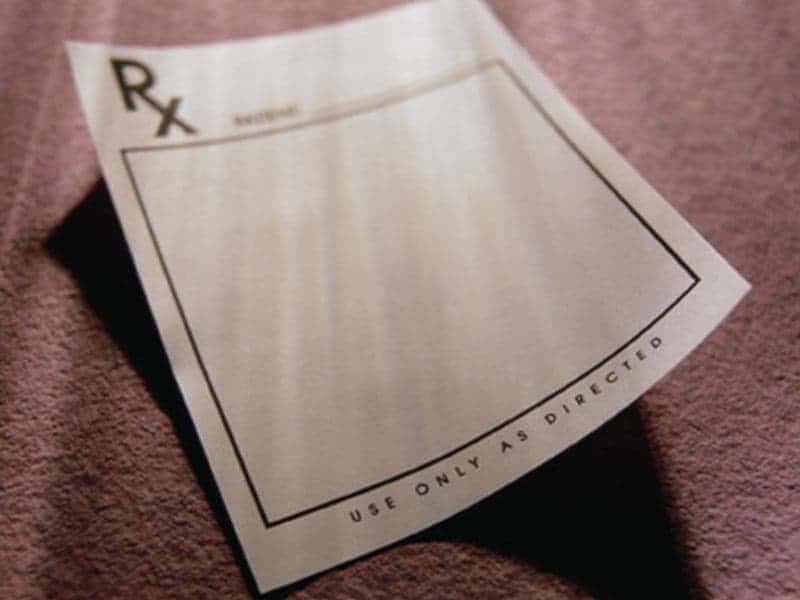TUESDAY, July 23, 2019 (HealthDay News) — Patients with rejected or abandoned prescriptions for proprotein convertase subtilisin kexin type 9 inhibitors (PCSK9i) have a significantly increased risk for cardiovascular events than those with paid prescriptions, according to a study published online July 23 in Circulation: Cardiovascular Quality and Outcomes.
Kelly D. Myers, from the FH Foundation in Pasadena, California, and colleagues examined whether acute coronary syndromes, coronary intervention, stroke, and cardiac arrest are more prevalent among patients with rejected or abandoned PCSK9i prescriptions than those with paid prescriptions (defined as those who received 168 or more days of paid PCSK9i medication within a 12-month period). Data were included for 139,036 individuals aged ≥18 years.
The researchers found that for a composite cardiovascular events outcome, the hazard ratios in propensity score-matched analyses were 1.10 for rejected versus paid prescriptions and 1.12 for abandoned versus paid prescriptions. In analyses in which paid prescriptions were defined as receiving 338 or more days of therapy within a 12-month period, the corresponding hazard ratios were 1.16 and 1.21. Women, racial minorities, and lower-income groups had higher PCSK9i rejection rates.
“Appropriately identifying and characterizing barriers to PCSK9i access, and developing approaches to overcome them, will reduce the clinical and economic burden for patients who are likely to benefit from PCSK9 inhibition and likely result in more cost-effective policies for payers,” the authors write.
Several authors are employees of or disclosed financial ties to the FH Foundation, which receives contributions and sponsorship from pharmaceutical companies.
Copyright © 2019 HealthDay. All rights reserved.



